KEYNOTE SPEAKER
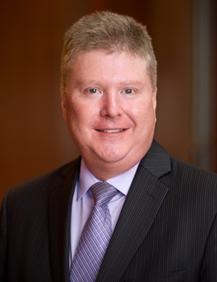 Dr. David Fenstermacher is currently the Vice President R&D-Bioinformatics at Medimmune, LLC. With more than 30 years of research experience as a molecular biologist and bioinformaticist, he has held several academic appointments at multiple universities and participated in several national and international informatics projects.
Dr. David Fenstermacher is currently the Vice President R&D-Bioinformatics at Medimmune, LLC. With more than 30 years of research experience as a molecular biologist and bioinformaticist, he has held several academic appointments at multiple universities and participated in several national and international informatics projects.
During his eighteen years in biomedical informatics, David has designed and directed the implementation of numerous bioinformatics and biomedical informatics distributed computing systems to support basic, translational and clinical research, including multiple institution research projects. He has also designed data warehouses that integrate patient-level clinical data, genomics (genome-wide association studies, massively parallel sequencing, array-based technologies) and other ‘omics data to support studies focused on cancer and other human diseases. Data management systems designed by David have included: collection and integration of subject clinical data; data quality methodologies, development of web-based forms for input, storage and retrieval of clinical and research data, customized data representations using data governance principles and data sharing technologies. Most recent academic research focused on developing informatics resources that span the informatics continuum of Bioinformatics, Biomedical Informatics and Clinical/Medical Informatics specifically for precision medicine including clinical decision support, and health outcomes research.
Before joining MedImmune, David served as the Chief Research Information Officer for Virginia Commonwealth University (VCU) and was Founding Chair of the Department of Biomedical Informatics at the H. Lee Moffitt Cancer Center.
David received his B.S. in Biology from Bloomsburg University of Pennsylvania and his PhD in Molecular Biology and Genetics from the University of North Carolina at Chapel Hill.

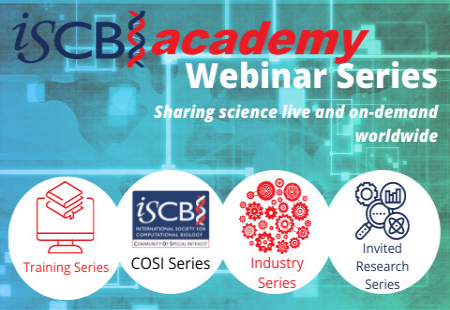

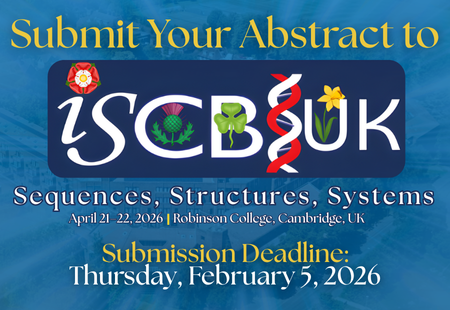
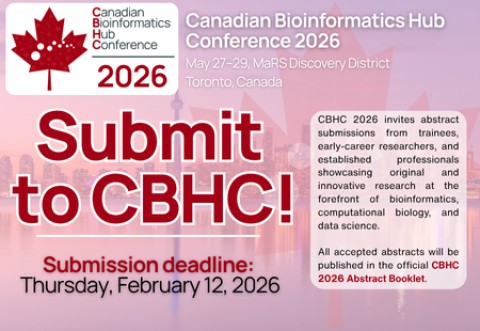
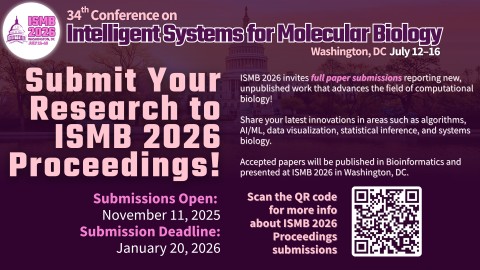

















.jpg)





